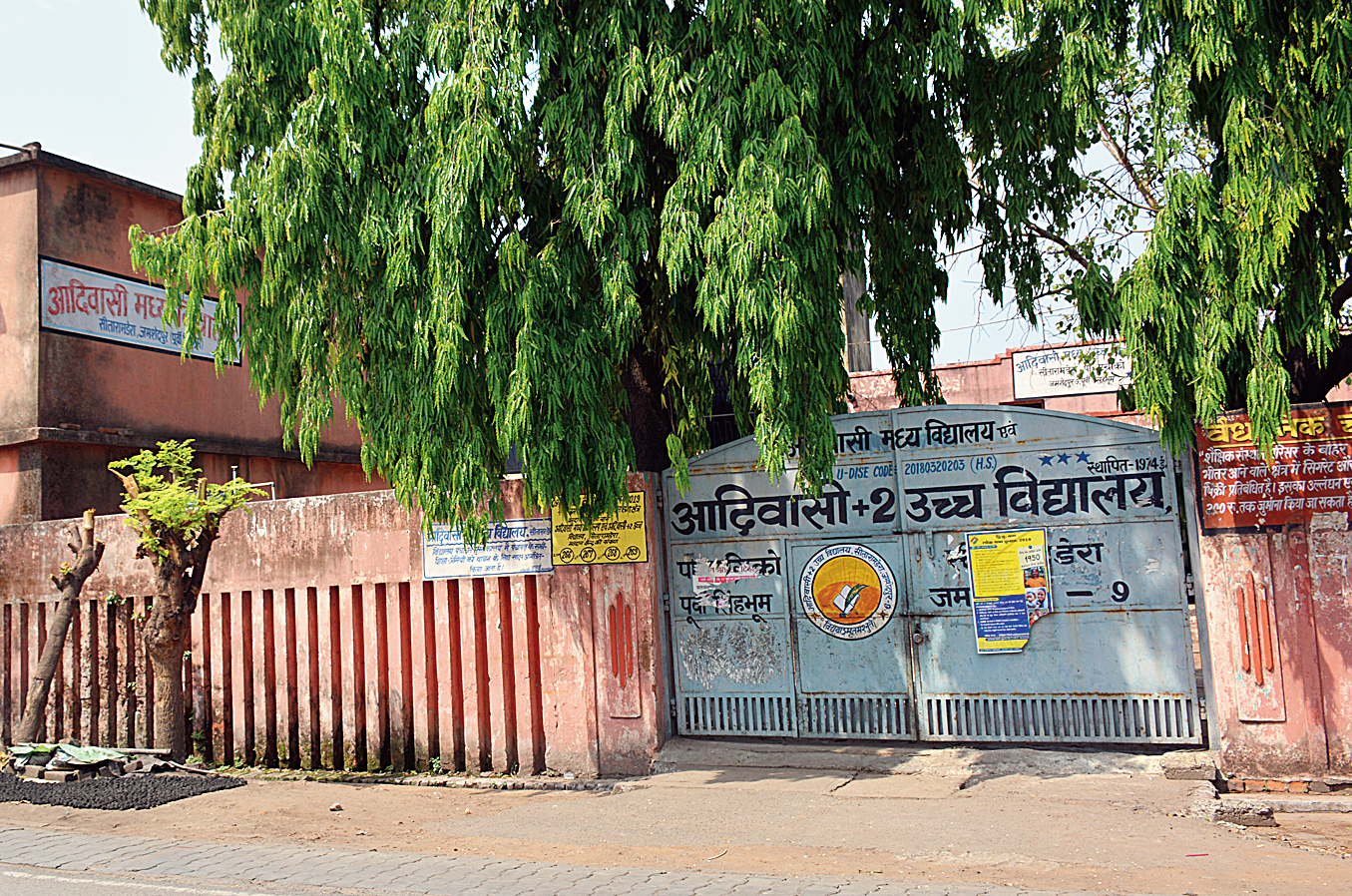Jharkhand is one of three states that has promised to ensure all polling booths are tobacco-free zones, but its implementation looks to be difficult going by the track record of the civic authorities that have failed miserably to stop the sale of cigarettes and gutka from shops near schools and colleges when the law prohibits such sales within 100 meter of educational institutions.
Last week, state chief electoral officer (CEO) L. R. Khiangte issued a directive to all deputy commissioners, who have been designated district electoral officers for the 14 Lok Sabha constituencies of the state, to issue instructions to polling officers to ensure that all polling booths were tobacco-free zones.
As per the directive, smoking cigarettes, bidis, or chewing gutkha, scented/flavoured tobacco was prohibited within the premises of a polling booth. This apart, each polling booth would be displaying a banner or have a wall painting to announce these restrictions.
Presiding officers would function as nodal officers to ensure that all polling booths were tobacco-free zones.
There are 29,464 polling booths in Jharkhand and the directive has been issued in compliance with the provisions of the Cigarette and Other Tobacco Products Act (COTPA) of 2003.
Jharkhand is the third state after Delhi and Bihar to opt for tobacco-free polling booths.
However, officials manning the administration and the election process admitted implementation of the no-tobacco directive would be tough at the ground level, considering that basic provisions COPTA, of not allowing the sale of tobacco products near schools and colleges, were yet to be adhered to.
“There have been occasional drives to remove vendors from selling tobacco products within 100 meters of schools. But these shops re-appear after sometime,” pointed out a senior officer of the East Singhbhum district administration looking after Jamshedpur parliamentary constituency.
“Also, presiding officers at polling booths will be tied up with ensuring voting and that EVMs, VVPATs work properly. They will also have to ensure the process of dabbing indelible ink on the fingers of voters is seamless. This can be difficult with a large number of voters standing in queue. At the most, they may be able to ensure there is no smoking inside a polling booth,” he added.
Also, most polling booths have been set up at government/private schools/colleges and community buildings with large playgrounds.
“It will be next to impossible for a presiding officer to see if somebody is smoking outside the room when polling takes place. That can be only done by police personnel, that too, if they are sensitised to do so beforehand,” said another official in Ranchi.
Chief electoral officer Khiangte, however, insisted that districts would take adequate steps for the effective implementation of the no-tobacco directive.
“We have asked deputy commissioners to ensure that the directive is followed in letter and spirit. They can also take the help of volunteers and police to ensure nobody is found chewing or smoking tobacco inside the polling booth premises,” he said, adding that the election commission would be conducting massive awareness programmes on this aspect.
Ranchi deputy commissioner Rai Mahimapat Ray refused to go into the nitty-gritty. “The directive is there and we will have to abide by it,” he said.
State nodal officer for the national tobacco programme L.R. Pathak admitted it would be next to impossible to stop every voter form chewing or smoking tobacco at polling stations, but said the idea would at least prompt a behavioural change.
“Our purpose is to create a behavioural change among voters against consuming tobacco products. It is true that it would not be possible to prevent everybody. But at least a beginning has been made,” he said, adding that police personnel would be directed to implement the no-tobacco rule.
Khiangte had the last word. “We hope the no-tobacco initiative at polling booths will act as a social deterrent against consumption of tobacco,” he said.










